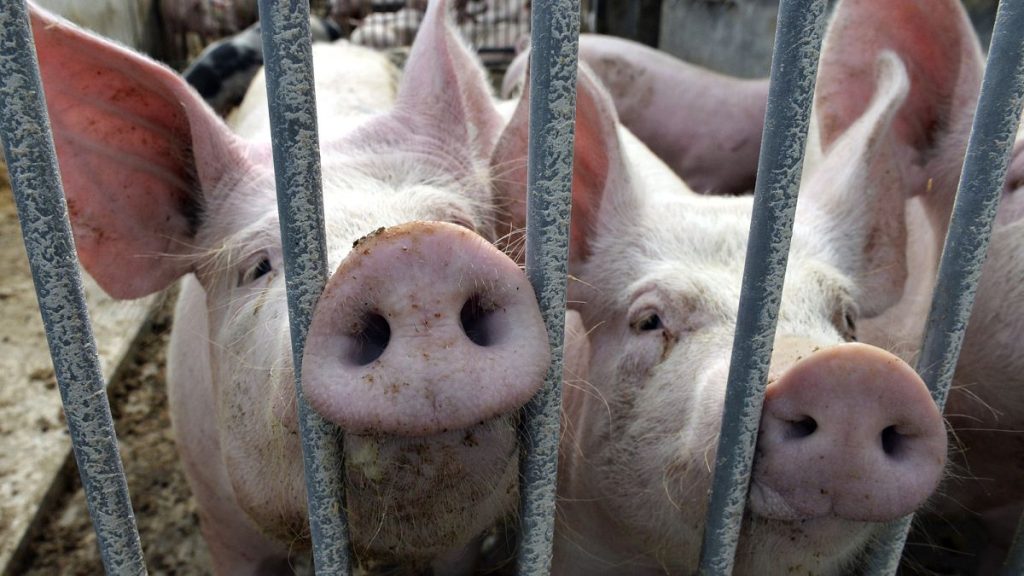The European Commission is set to increase tariffs on China-made electric vehicles starting on July 5, in response to suspected subsidies and artificially low prices. In retaliation, the Ministry of Commerce of China has launched an anti-dumping investigation into imports of pork and pork by-products from the European Union. This move follows a complaint filed by the China Animal Husbandry Group, a state-owned company involved in animal farming. The investigation is seen as a prelude to possible trade restrictions on a sensitive sector for the EU, as tensions rise over unfair trade practices and subsidies in the electric vehicle market.
The investigation into China-made battery electric vehicles found damaging evidence of extensive state aid and subsidies across the supply chain, prompting the European Commission to propose additional duties ranging from 17.4% to 38.1% on top of the existing 10%. With the growing consumer demand and strategic importance of electric vehicles in the climate transition, the stakes are high for both sides in this trade dispute. Concerns over possible Chinese retaliation have put Brussels on high alert, as Beijing has a history of imposing tit-for-tat curbs when faced with trade disputes with Western allies. The ongoing tension has made the Commission’s probe one of the most consequential in recent times.
China’s Ministry of Commerce has criticized the EU inquiry as a protectionist act, accusing the bloc of artificially constructing and exaggerating the issue of subsidies. The Chinese government has vowed to take necessary measures to defend the legitimate rights and interests of Chinese companies, hinting at potential reprisals in sectors like aviation and agriculture. The investigation period of the Chinese inquiry into EU pig meat coincides with the EU probe into China-made BEVs, raising concerns about the impact of subsidies on both sides of the trade dispute.
The European Commission has pledged to closely monitor the Chinese investigation into EU pig meat and intervene as necessary to ensure compliance with World Trade Organization rules. The Commission spokesperson clarified that subsidies in the EU agriculture sector are in line with WTO obligations and not the same as those in question in the electric vehicle market. The EU is the largest exporter of pork and pork by-products, with significant trade ties to East Asia, particularly China. The potential impact of Chinese retaliatory measures on EU countries like Spain, the Netherlands, Denmark, Germany, and Belgium has raised concerns within the bloc’s farming industry.
The ongoing trade dispute between the EU and China underscores the broader challenges of unfair trade practices, subsidies, and market distortions in the global economy. The clash over electric vehicles and pork products highlights the importance of fair competition and adherence to international trade rules. The outcome of this dispute will have significant implications for both parties, as well as for the future of trade relations between the EU and China. The need for a balanced and transparent approach to trade policy is essential to ensure a level playing field for all market participants. As the tension escalates, finding mutually beneficial solutions to address trade imbalances and subsidies will be crucial for restoring trust and stability in the global trade system.













